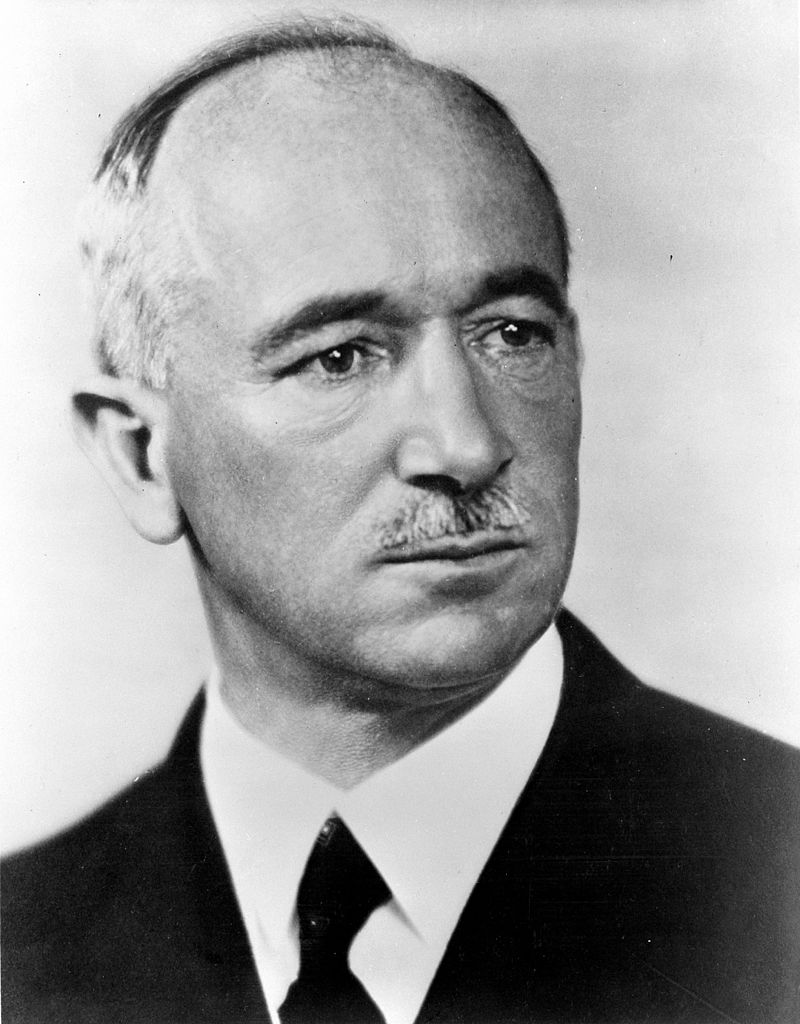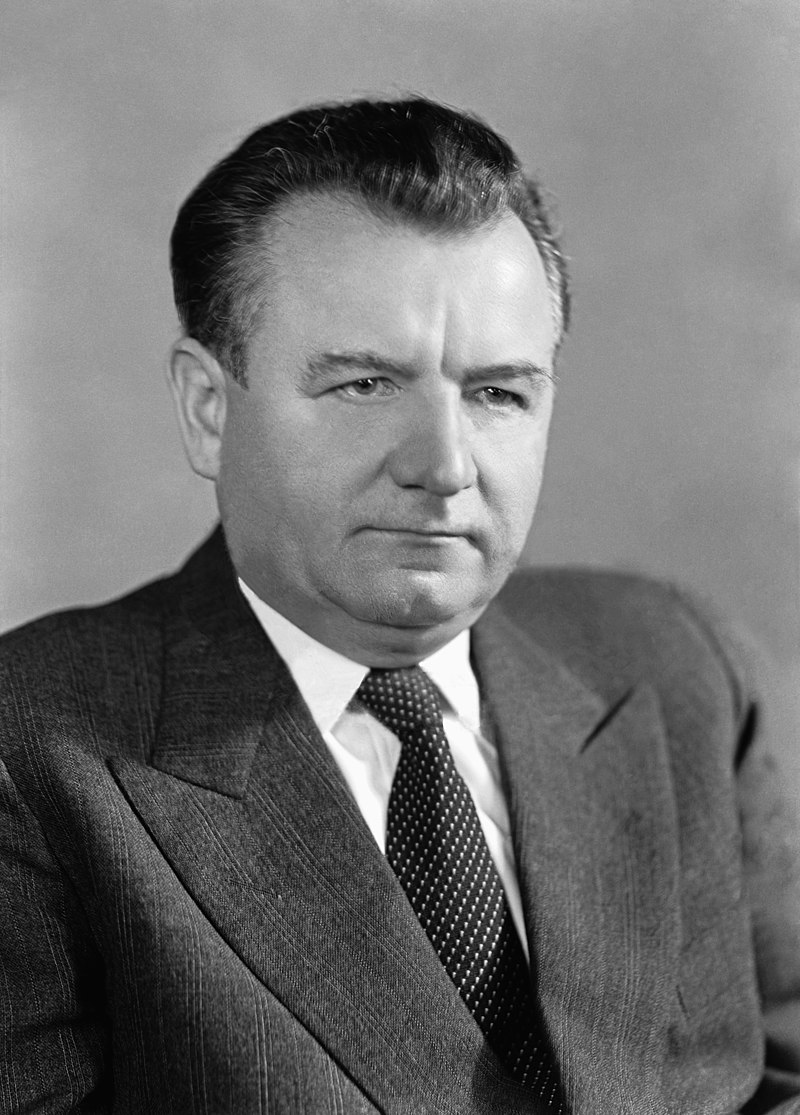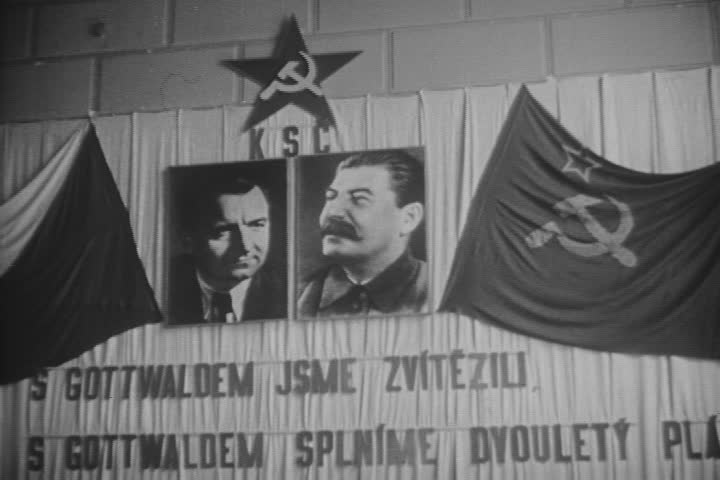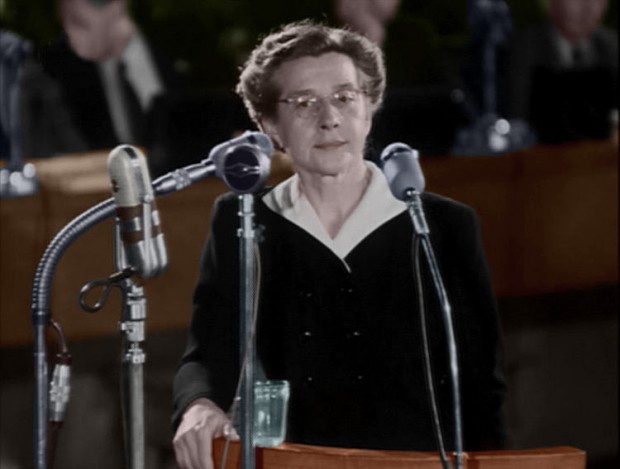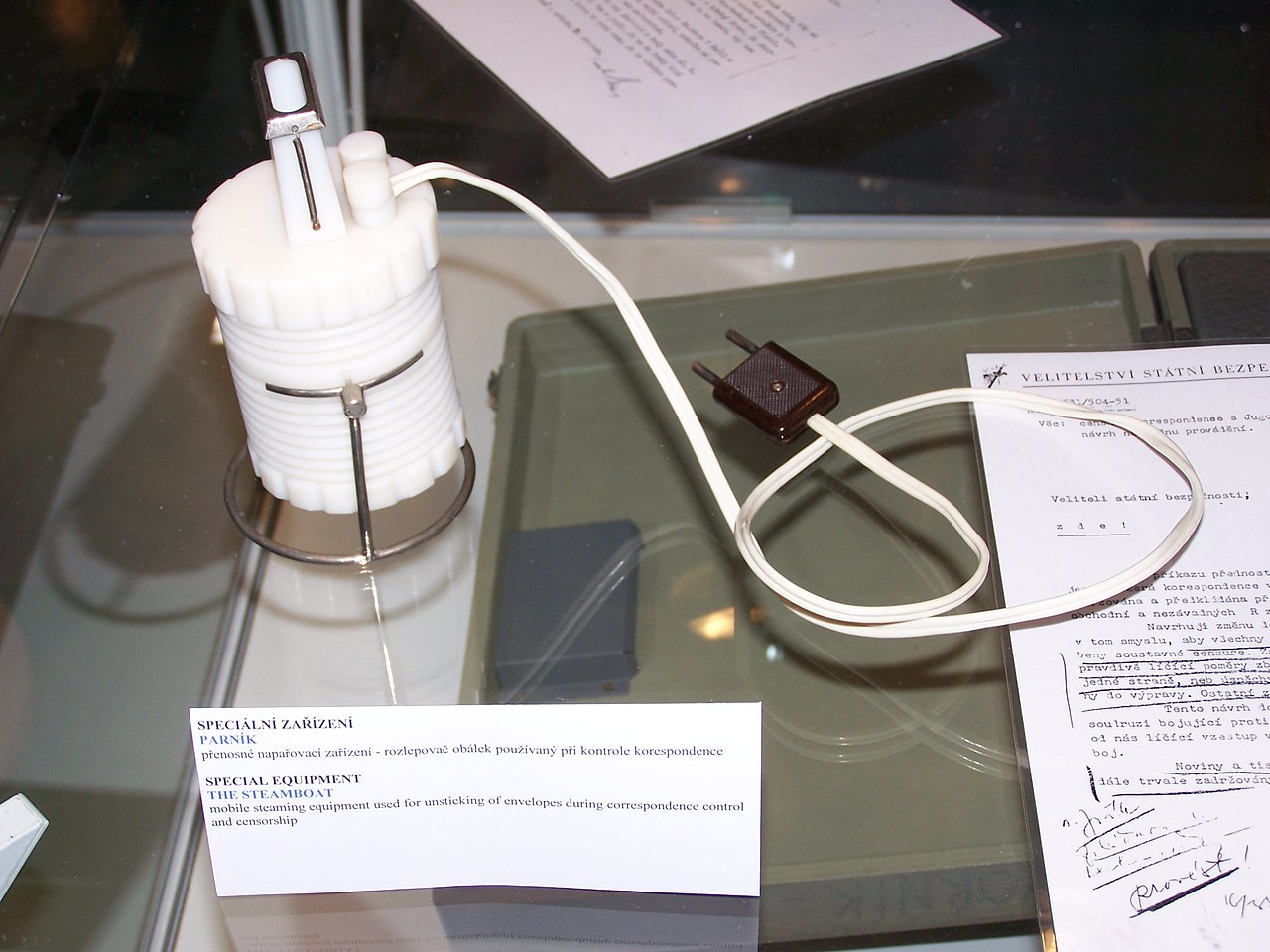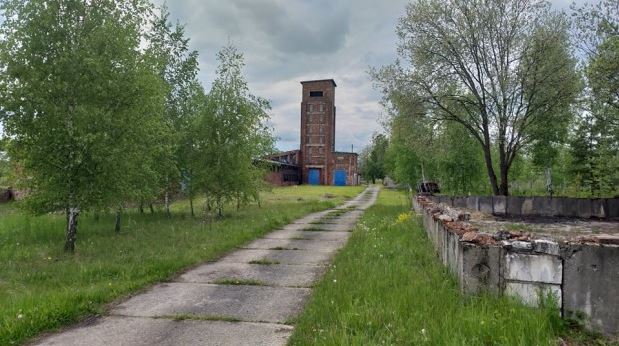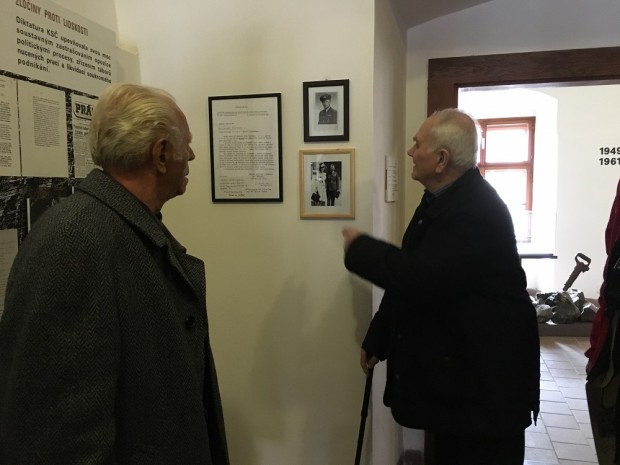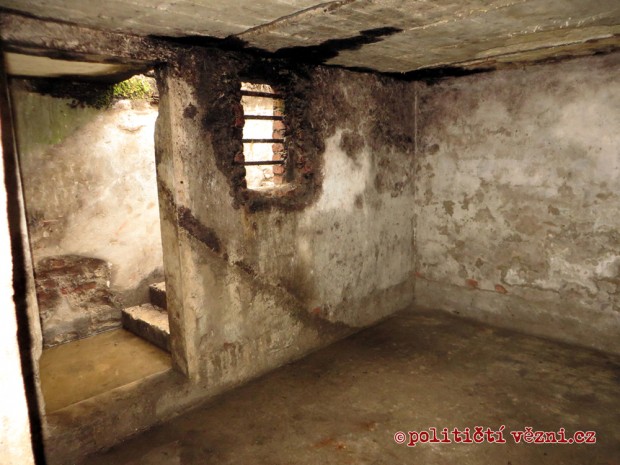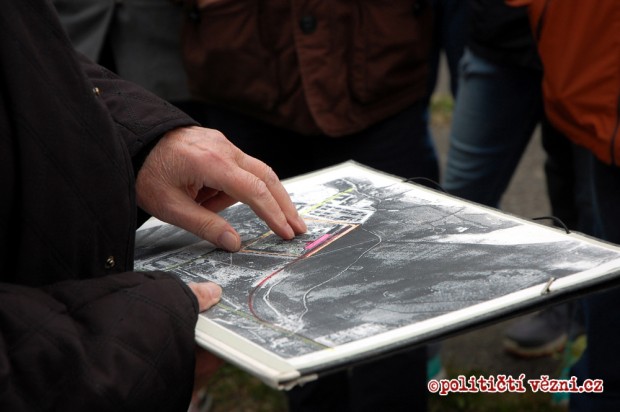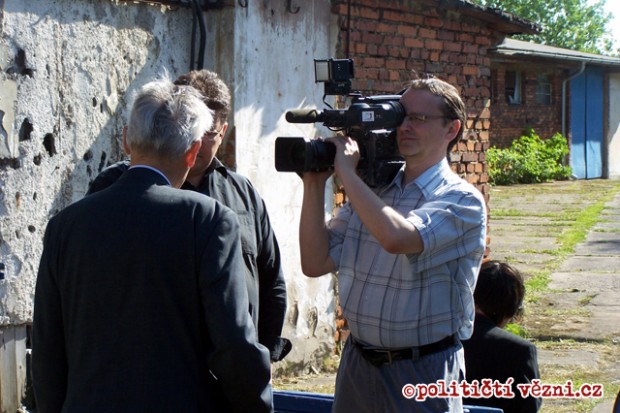Historical Overview
Postwar Development of Czechoslovakia
The development of the Czechoslovakian society in the postwar years was an important historical break in its story. The relations in Europe changed when the European political field got two new great powers, the Soviet Union and the United States of America. They fought together to defeat Nazi Germany. After the victory, the interests of these two countries increasingly diverged until they divided into two antagonistic blocks.
(Pokračování článku)Postwar Rise of the Left and Successful Elections for the Czechoslovak Communist Party
With the end of WWII the political situation in Czechoslovakia changed and turned dramatically to the left. Of course this was a worldwide phenomenon and similar tendencies for example were seen in Italy and France. After the war the prewar political parties on the right were prohibited. In Czechoslovakia this meant the end of the Czech Agrarian Party and the Slovakian People's Party. The prohibition of these two was explained with words that these two parties, "Strongly overstepped the interests of the country."
(Pokračování článku)Governmental Crisis and the Communists Taking Over
The main change for the newly growing Eastern Bloc came in 1947. In this year the relations among the Great Powers became more tense and Communists openly demonstrated their plans for domination. However, one positive event was the adoption of the Marshall Plan in July 1947.
(Pokračování článku)Searching for Enemy: Political Showtrials in former Czechoslovakia
As of 1948 the big wheel of various political show trials started spinning. These were also called, "Monster Trials," and they were organized against political elites, clergymen, but also former Communist party functionaries. These trials were mainly run by the state secret police. They prepared the trials very well, in many cases they were actually fabricating them: constructing the charge, coercing the victims with physical and psychological violence, pushing them to memorize the scenario of the trial.
(Pokračování článku)Methods and Techniques of Secret Police Investigations
"You are arrested" were the words that changed lives of tens of thousands of people in former Czechoslovakia. The words meant a complete turning point in their lives. After these words one fell into another world all of a sudden that included brutal interrogations by the secret police (StB). Trials and interrogations hardly ever took place without psychological and physical violence and terror.
(Pokračování článku)Prisons and Working Camps in Czechoslovakia
The Czechoslovakian prison system was specific with the uranium working camps, which were located near Slavkov and Příbram, but the most "popular pla"ce for these camps was Jáchymov. These areas were located mainly in Northern Bohemia excluding Příbram in Middle Bohemia. The conditions here were really cruel. The prisoners worked in the uranium mines where they were exposed to the dangerous radioactivity. Work was hard and there was a high danger of getting injured. The food was not adequate too.
(Pokračování článku)Prisoners´ Diversity in Czechoslovakian Jails
The society in Communist prisons and working camps was very diverse. In a small place ex-generals met abbots of different monasteries, prominent politicians and murderers, thieves and Nazi-(non)collaborators.
(Pokračování článku)Starving Strikes and Protests
The life in prison was basically very monotonous and each day had its rhythm and routine – starting with wake-up and ending with bedtime and going to bed finally. Sometimes this monotonous life was disturbed a little, especially during protests, hunger strikes, and refusing to start working. There were not many cases that were big and had many people involved, but if they happened they were spontaneous and never really organized. Anyways, one thing they had in common-the majority of prisoners joined in without a previous agreement.
(Pokračování článku)Neverending Desire for Freedom - Escapes from Prison
The conditions in prisons and working camps were inhumane - lack of food, hard work, unhealthy conditions, and nonstop hassling. That's why some prisoners decided to do something about it and they planned an escape. The escapes were done in various ways. Sometimes it was individuals and sometimes it was organized in groups. Some escapes were done without much thought and depended on the opportunity at hand. Others were planned with great detail for a couple of months, for example the very popular dig for freedom in a camp called Nikolaj. As for the unsuccessful ones those were lost because the very participants of the escape were not careful and they revealed their plans to too many people.
(Pokračování článku)Even Long-term Imprisonment Cannot Break Human Spirit
People who were sentenced by communist justice, often to very long imprisonments, suddenly stood at the edge of society. They did not only have to spend their best years behind bars, but this pursuit was extended for the rest of their lives after release. They had difficulties finding jobs, which they would deserve according to their education.
(Pokračování článku)
